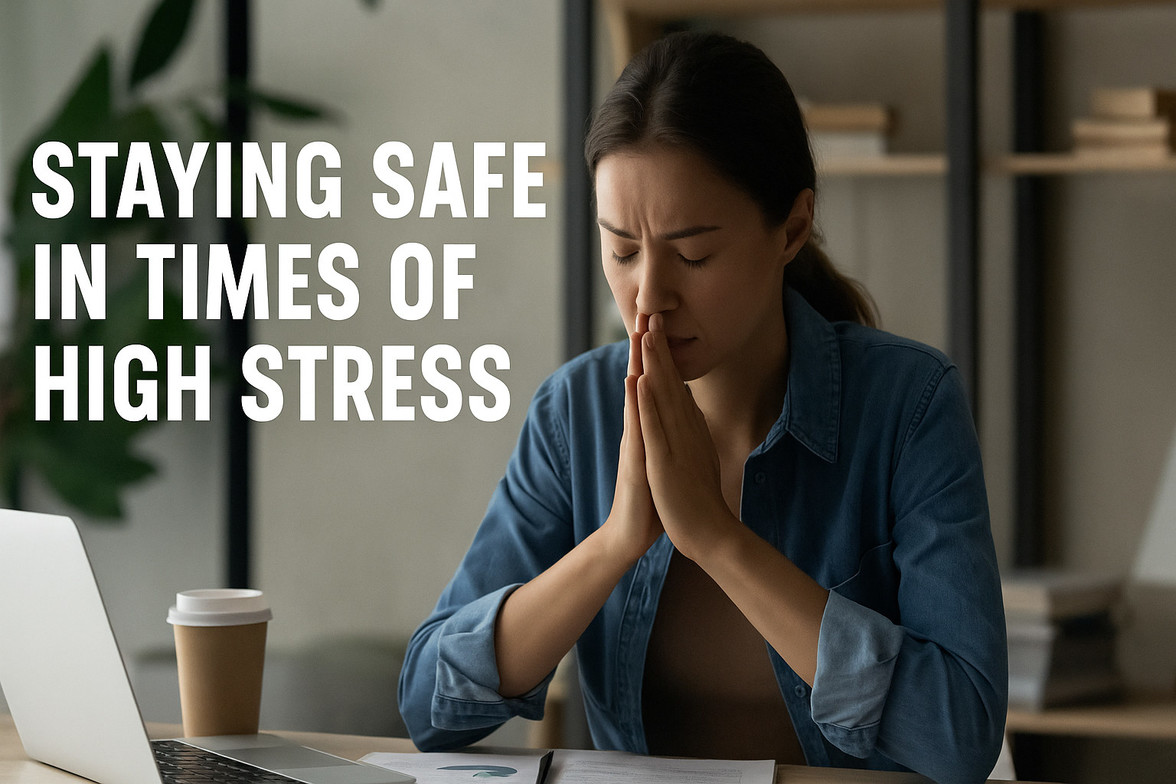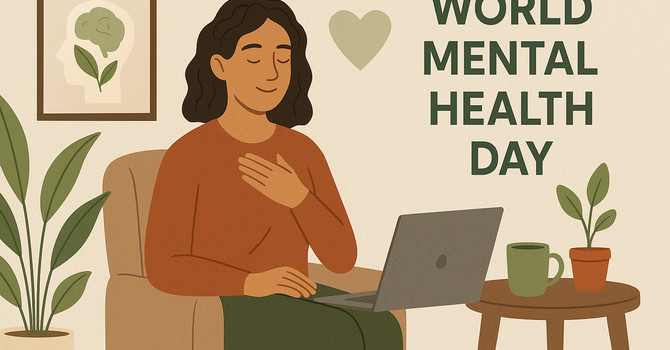
Life throws curveballs. Whether it’s a major job change, company restructuring, or the stress of political uncertainty, high-anxiety situations can impact more than just our mental well-being. Stress and distraction can make us blind to hazards we’d normally recognize, creating risks we didn’t even realize were there. The truth is, when our minds are overloaded, our ability to assess danger and stay safe can take a serious hit.
The False Sense of Security
We all get comfortable in our daily routines. Maybe you’ve worked in the same office for years and have never tripped over that loose carpet. Perhaps you drive the same route home every day and assume you can handle it on autopilot. But when stress takes over, our focus shifts. We start thinking about layoffs, deadlines, or the latest unsettling news, and suddenly, that hazard we’ve always navigated safely becomes a real threat.
A stressed-out brain can trick us into believing our environments are safe simply because nothing has gone wrong before. That’s why it’s crucial to snap back into the present and reassess our surroundings with fresh eyes.
How Stress Impacts Your Awareness
Under stress, our brains prioritize immediate threats, but not always the right ones. We may fixate on a tough conversation with our boss while missing the slippery floor ahead. Our body might go into autopilot, assuming that “business as usual” is safe, even when conditions have changed.
The good news? We can train ourselves to regain awareness, even in stressful times. Here’s how:
Reconnecting with the Present Moment
-
Pause and Scan Your Environment
Before starting any task—whether it’s walking through the workplace, driving, or even cooking at home—stop for a few seconds. Ask yourself:-
What’s around me?
-
Are there any new hazards?
-
Am I fully paying attention to what I’m doing?
-
-
Engage Your Senses
A simple way to bring yourself back to the present is through sensory awareness. Try this quick exercise:-
Name five things you see.
-
Name four things you can feel.
-
Name three things you hear.
-
Name two things you smell.
-
Name one thing you taste. This technique can ground you in the moment and sharpen your situational awareness.
-
-
Limit Multitasking
When stress is high, we try to do everything at once—checking emails while walking, responding to texts while driving, thinking about work problems while cooking dinner. Multitasking divides your attention and increases the risk of accidents. Instead, focus on one task at a time, even if it means slowing down. -
Take Micro-Breaks
A stressed brain is like an overheated engine—it doesn’t perform well. Give yourself 30-second breaks throughout the day. Stand up, stretch, take a deep breath, or just look around. These brief resets help you stay aware of your surroundings and reduce mental fatigue.Micro-breaks also allow for short bouts of rest and recovery for the muscle groups you’ve been placing demand on. For example, if you’ve been working at a computer for the past hour, a good micro-break might include a stretch and a short walk to give your shoulders and neck a chance to recover.
-
Reevaluate Familiar Spaces
If your mind is clouded with worry, take a moment to recheck the safety of spaces you assume are fine. Look at the floor, check lighting conditions, and assess any equipment or tools you use daily. Fresh eyes can spot risks you might have overlooked before.
Conclusion
Stress is unavoidable, but letting it take over your awareness can be dangerous. By consciously bringing yourself back to the moment, you can protect yourself from hazards that might otherwise go unnoticed. Simple practices like pausing, engaging your senses, and taking breaks can keep you safe when life feels chaotic. After all, safety starts with awareness, and awareness starts with being present.
So the next time stress takes the wheel, take a deep breath, look around, and bring your focus back to now—because the moment you’re in is the one that keeps you safe.





